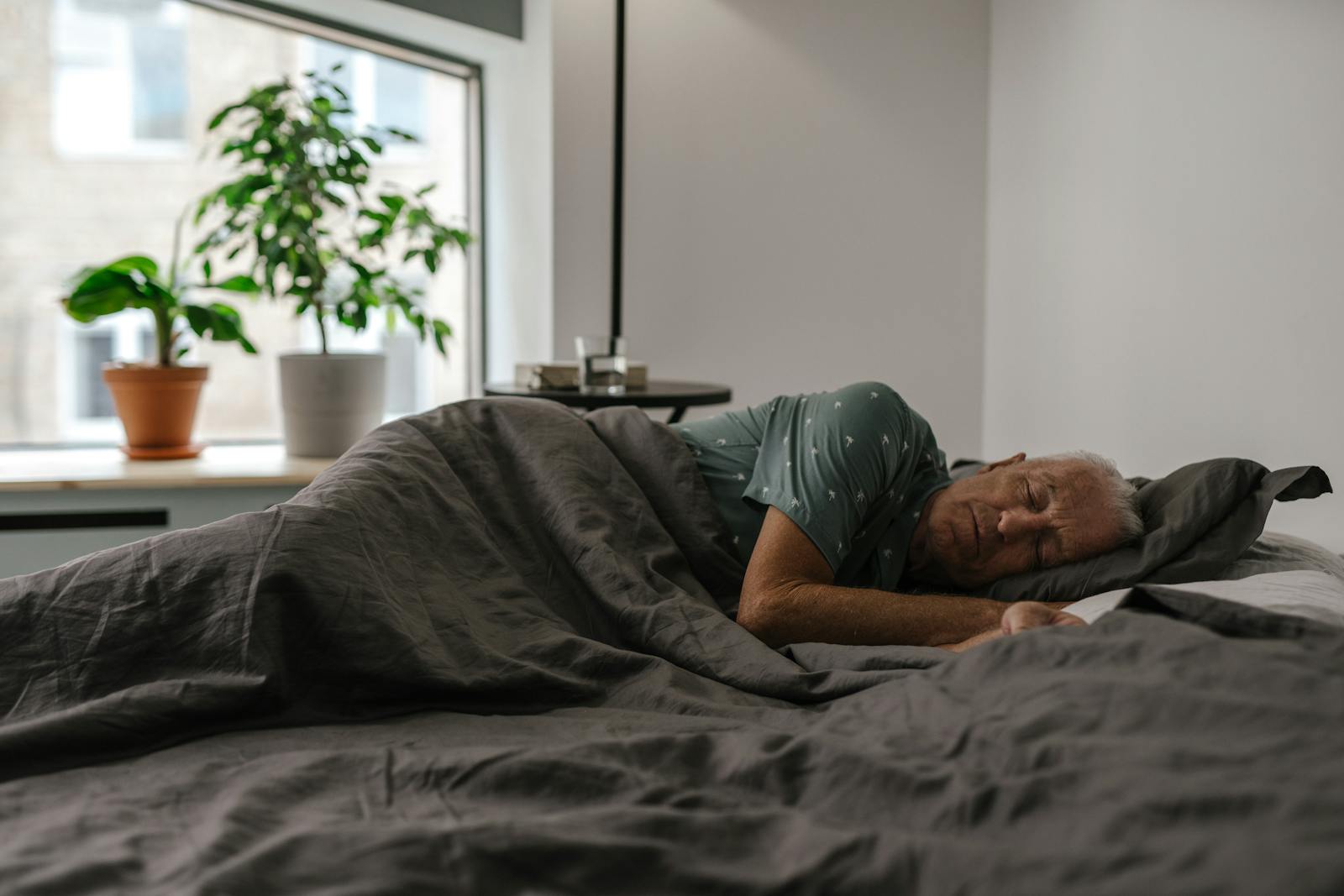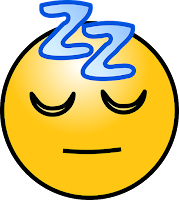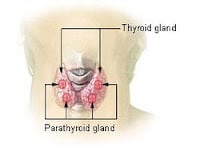Why Sleep Matters for Brain Health
Each night, your brain performs a remarkable act of self-cleansing.
Cerebrospinal fluid (CSF) — the clear liquid surrounding the brain — flows through tiny channels that wash away metabolic waste and toxic proteins like amyloid-beta and tau, which build up in Alzheimer’s disease.
This cleaning network, known as the glymphatic system, works best during deep, slow-wave sleep.
When sleep is disrupted or shortened, the system slows down, leaving toxins to accumulate — a growing link to memory loss and dementia.
What the New Study Found
Sleep Aids on Amazon
Sleep Machines & Electronics
In a major study published in Alzheimer’s & Dementia: The Journal of the Alzheimer’s Association, researchers analyzed MRI scans from tens of thousands of adults. They found that reduced movement of brain fluids predicted future dementia.
The study also showed that cardiovascular risk factors — such as high blood pressure and smoking — worsened this effect by impairing fluid flow.
Although the researchers didn’t measure sleep directly, the findings fit perfectly with earlier work: both poor vascular health and poor sleep slow the brain’s waste-clearance process.
How Sleep Strengthens the Brain’s “Drainage” System
During deep sleep:
- Neurons shrink slightly, creating space for cerebrospinal fluid to move.
- Heart rate and breathing slow, promoting rhythmic pulses that drive fluid through the brain.
- Toxins clear more quickly, including amyloid-beta, the sticky protein behind Alzheimer’s plaques.
When sleep is fragmented, chemically induced, or too short, this natural rinse cycle is interrupted.
Over time, toxins accumulate, damaging neurons and raising dementia risk.
Practical Tips for Caregivers and Families
- Prioritize sleep quality — not just hours. Seven to eight hours of deep, restorative sleep support the brain’s cleaning cycle.
- Encourage side-sleeping. Research suggests sleeping on one’s side may help fluid drain more effectively than back-sleeping.
- Keep a steady sleep schedule. Regular sleep and wake times protect both circadian rhythm and glymphatic function.
- Support cardiovascular health. Control blood pressure, quit smoking, and stay active — what’s good for the heart helps the brain’s plumbing.
- Limit nighttime light and screens. Darkness boosts melatonin, deepens sleep, and enhances toxin clearance.
The Takeaway
Sleep is more than rest — it’s active repair. Each night’s deep rest allows the brain to clear waste, restore balance, and defend memory.
Good sleep and good heart health work hand in hand. Together, they form one of the most powerful and natural protections against dementia.











